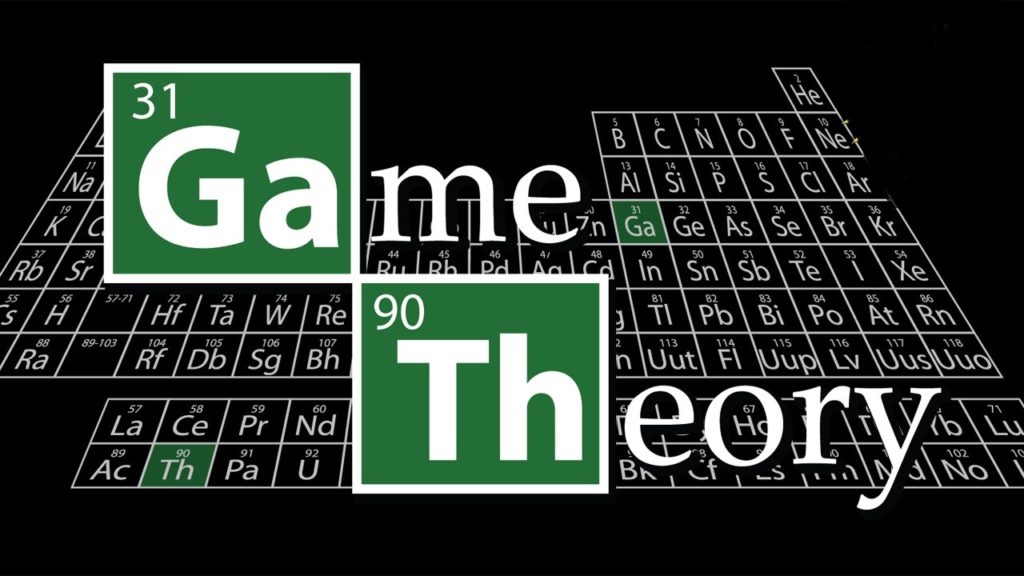
A pair of researchers have recently published a study, saying that the principles of game theory may actually be used in looking into genetics.
“The view of genes as players in a signaling game effectively animates genes and bestows simple utilities and strategies—thus, unique personalities—on them,” said Bhubaneswar “Bud” Mishra, NYU’s Courant Institute of Mathematical Sciences professor in a report.
Mishra co-authored the said study with Steven Massey, an associate professor at the University of Puerto Rico. Their study was recently published in the Journal of the Royal Society Interface.
The researchers wrote that the principles of game theory have been extensively in understanding and making sense out of things in other fields of sciences. It was first used in the 1970s to understand animal behavior. Eventually, it was also used in political science, ethics and philosophy.
“For instance, the macromolecules signal their identity to other macromolecules that bind to them, which then undertake a biochemical reaction. The communication of identity opens the possibility of certain behaviors associated with humans—such as molecular “deception” occurring between gene players,” Phys.org said in its report.
Science Daily defined Game theory as a “branch of applied mathematics and economics that studies situations where players choose different actions in an attempt to maximize their returns.”
“The evolution of the genetic code and many of the other major evolutionary transitions that led to present-day lifeforms may be linked to the evolution of signaling conventions between macromolecules, and the possibility of subversion by selfish entities or pathogens,” said Mishra.
He added that the “occurrence of molecular deception has led to the evolution of mechanisms of ‘molecular sanctioning’ to control the offending behavior.”
The study was funded by National Cancer Institute’s Physical Sciences-Oncology Center of the National Institutes of Health.
Disclaimer: The views, suggestions, and opinions expressed here are the sole responsibility of the experts. No A News Week journalist was involved in the writing and production of this article.
